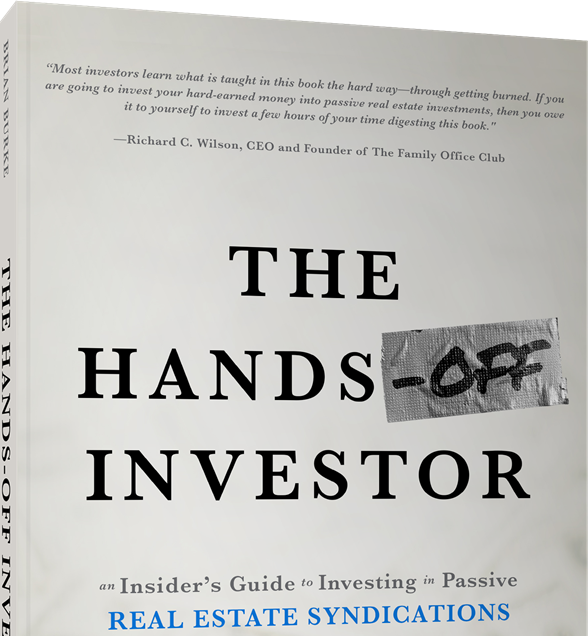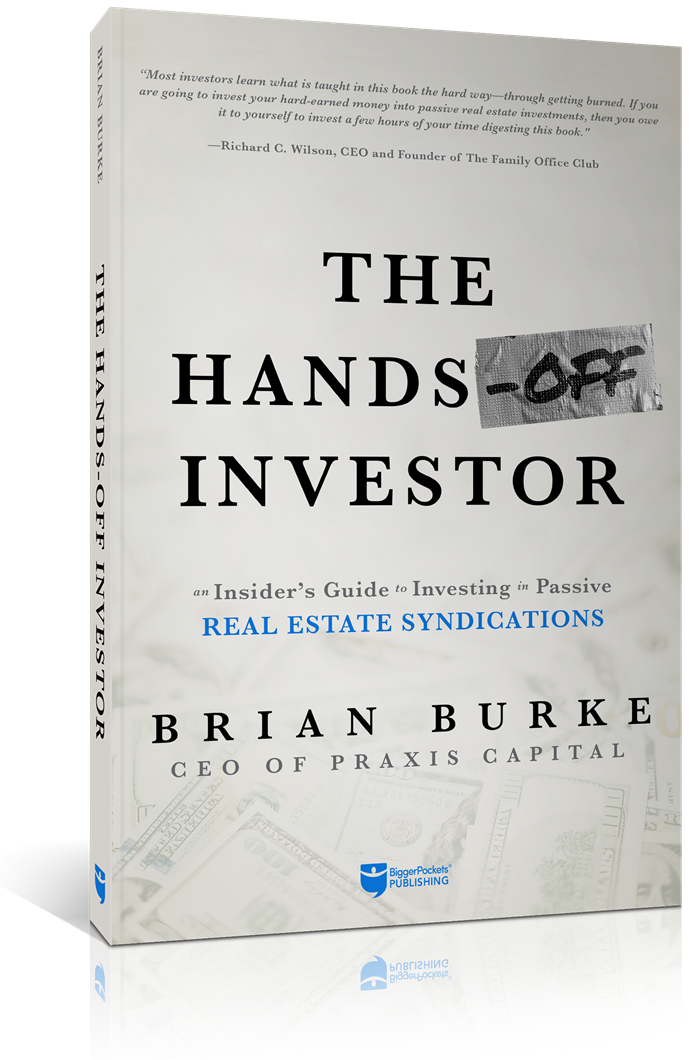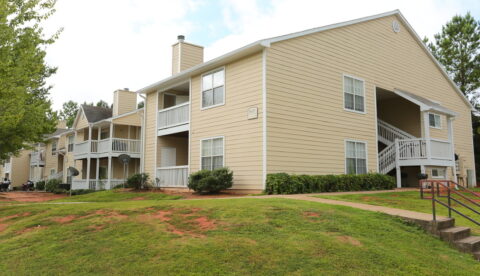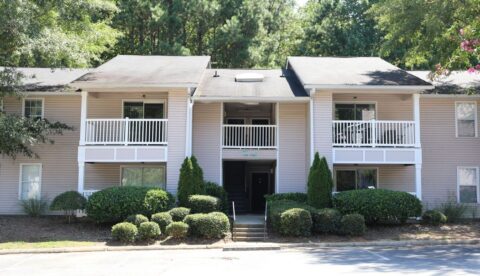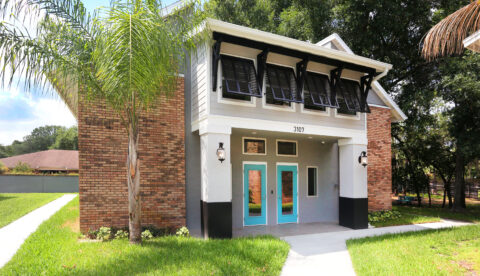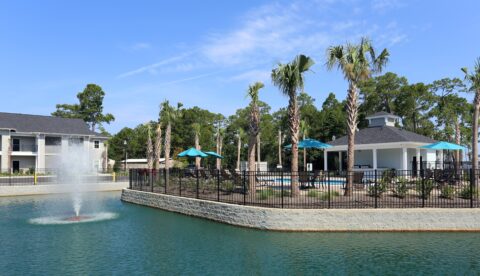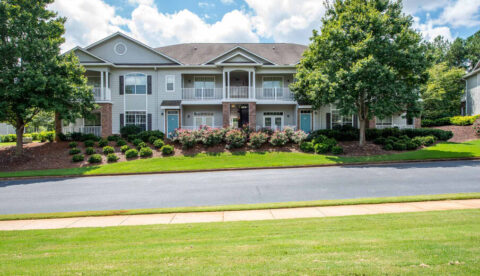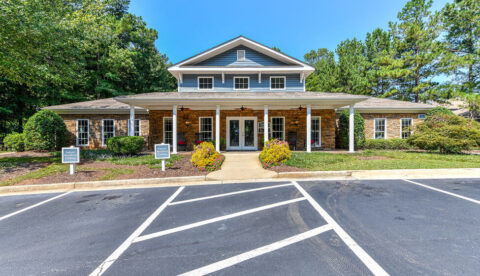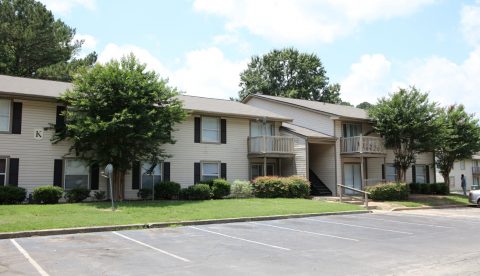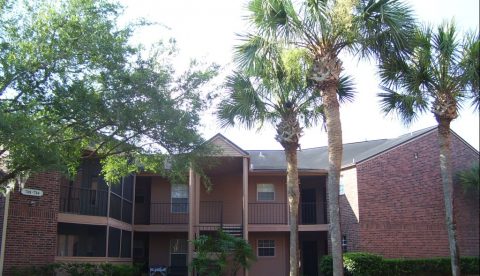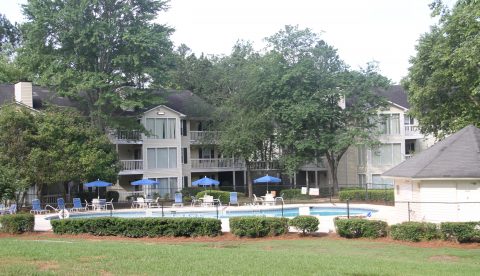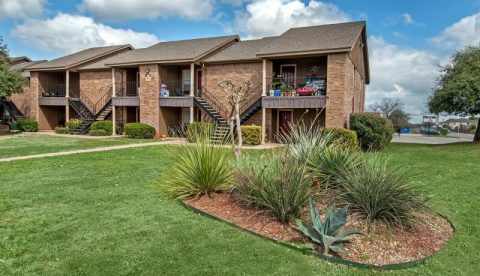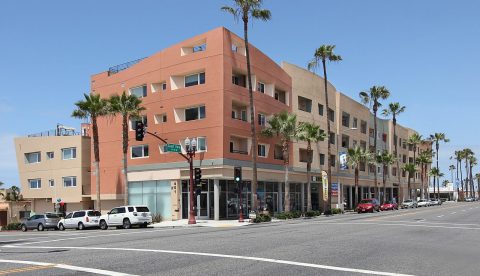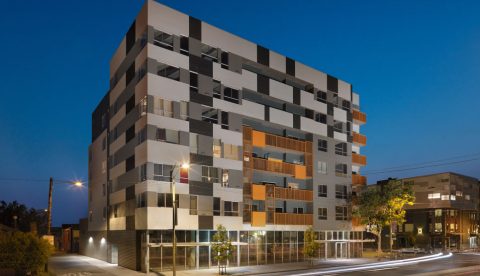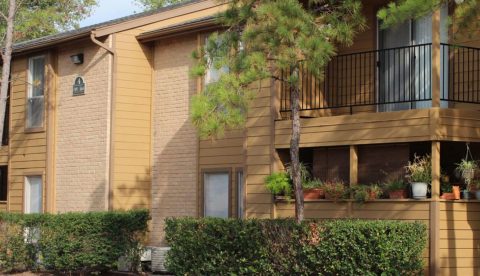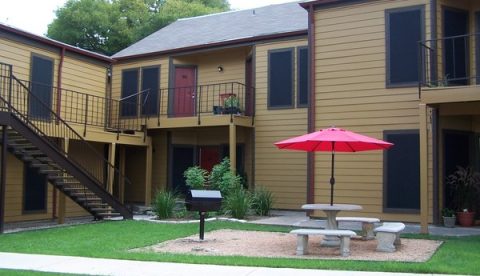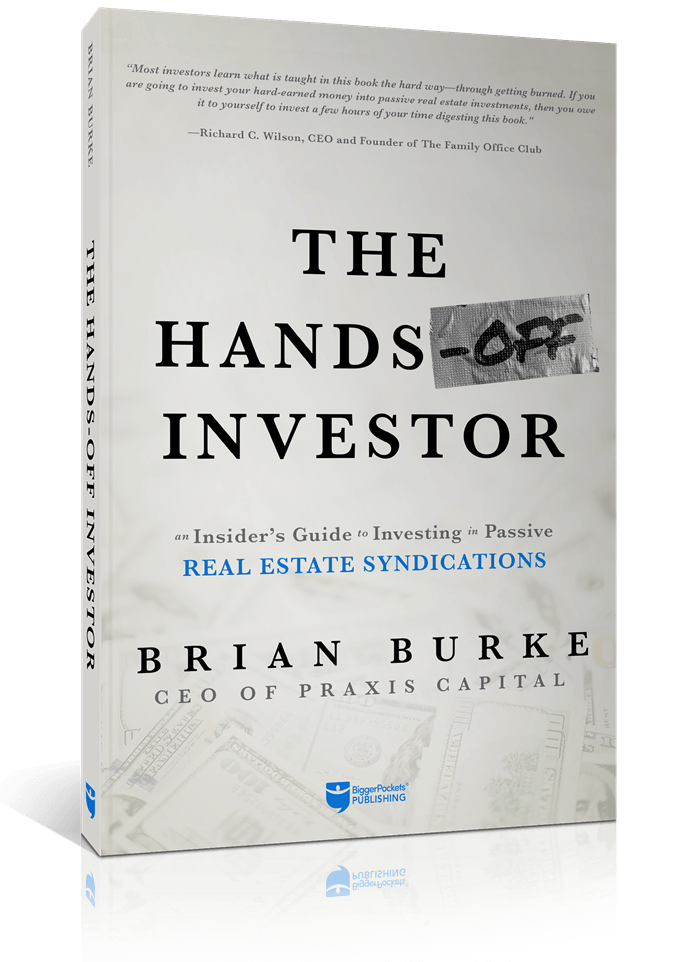Twice As Many Restaurants File Bankruptcy This Year

Just three quarters into 2024, and twice as many major restaurant chains have filed bankruptcy than last year.
What’s driving this trend, and what does it mean for the wider economy and investors?
Financial Restructuring
Just as affordability may be one of the most indicators in the housing market, so is consumer spending for retail and hospitality industries.
A weak sales outlook for Dollar General has already hit their stock price. Combating rising costs, Costco recently raised their membership fees for the first time in 17 years.
Inflation at restaurants seems to have resulted in far fewer people eating out, and eating out less often. That has caused almost double the number of restaurant chains to file bankruptcy in the first three quarters of the year.
Now, that doesn’t necessarily mean the brands will go away and close all their locations. It’s often a part of a strategic financial restructuring. One that allows them to shed debt, renegotiate interest rates and lease payments, and to find profitability again.
Of course, in the meantime, stretched landlords often can’t afford to wait while cash flow is in limbo. The values of these properties may inevitably go up, but not everyone is in a situation that allows them to endure a dry period or dip.
That can make mixed use properties and retail an attractive buy for better positioned acquirers right now.
The Waterfall Effect
We’ve already experienced several years of declining credit card and auto loan performance. Consumers are tapped out. After they can’t even afford to go shopping and go out to eat, the next thing to go is their house payments.
This is only likely to be accelerated by neighboring retail and hospitality businesses conducting layoffs.
However, declining mortgage performance only means rising demand for rental units. Expect a lot more renter households to emerge over the next year. Many of these will be captive renters, whose credit will take 7-14 years to recover before they can buy a home again.
This is a great period for real estate investors to step in and acquire rental homes and apartments. Often at a discount, and with great potential for high occupancy rates, and rising rents, and returns.
